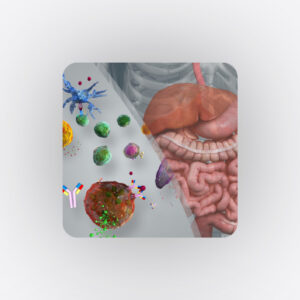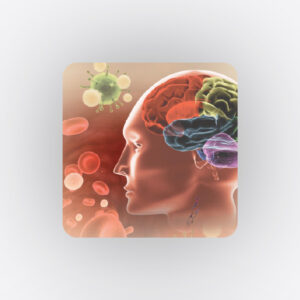The Role of Nitric Oxide and Glutathione in the Immune System
Autoimmune diseases are rising but often go undiagnosed and progress unchecked. Dr. Datis Kharrazian’s seminar will explore how nitric oxide and glutathione (GSH) affect autoimmune reactions, and how GSH recycling and nitric oxide modulation influence immune responses, TH-3 and TH-17 activity, and intestinal membrane integrity.








